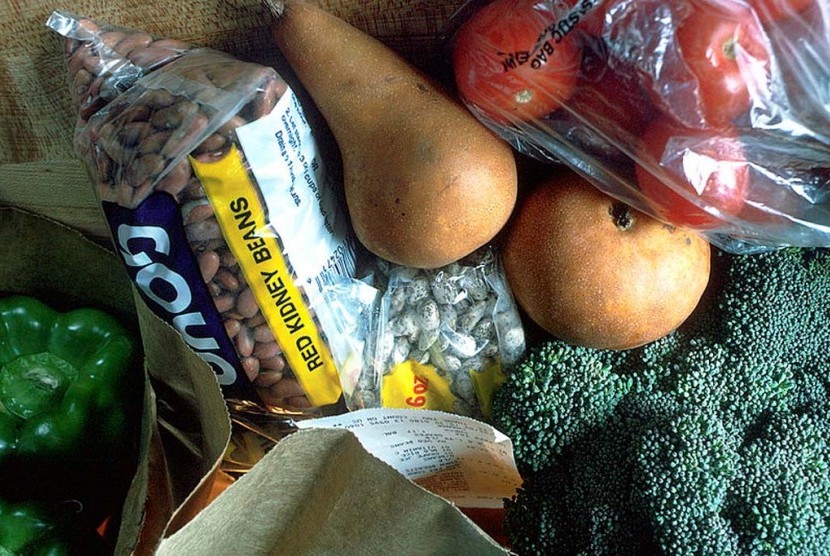REPUBLIKA.CO.ID, JAKARA -- The Jakarta provincial administration plans to establish a gubernatorial regulation that manages the implementation of paid plastic bags in markets of the region.
"In order to implement the paid plastic bag policy in Jakarta, the administration will establish a regulation, which necessitates retailers to charge customers for plastic bags," Jakarta Deputy Governor Djarot Saiful Hidayat stated here on Thursday.
The gubernatorial regulation will support the new pre-paid plastic bag policy that is being simultaneously applied in 22 cities.
Minister of Environmental Affairs and Forestry Siti Nurbaya had announced the new policy that makes it mandatory for shoppers to be charged a minimum of Rp200 per bag during the commemoration of National Trash-Free Day. The regulation is firstly being implemented by modern retail shops.
According to Hidayat, the gubernatorial regulation will levy penalties on retail shops in modern and traditional markets that do not follow the policy.
"We will test the policy by establishing a gubernatorial regulation as the legal foundation. After the regulation has been implemented successfully, we will establish the regional regulation on the use of plastic bags," Hidayat explained.
Hidayat said the prepaid plastic bag regulation can be implemented easily in modern markets compared to traditional markets.
Thus, the administration will impose appropriate sanctions on stores that do not abide by the policy.
The deputy governor stated that the policy was aimed at improving the people's awareness of environment preservation by reducing the use of bags that will lessen the amount of plastic waste.
"We hope the people would not use plastic bags as the policy is being implemented in Jakarta. They can bring their own bags while shopping in markets to reduce plastic waste," Hidayat emphasized.
Indonesia plans to reduce its plastic garbage by up to 1.9 tons a year through the garbage reduction program.
According to the Ministry of Environmental Affairs and Forestry, the annual national garbage production has reached 64 million tons, of which some 14 percent comprises plastic weighing 8.9 million tons.


